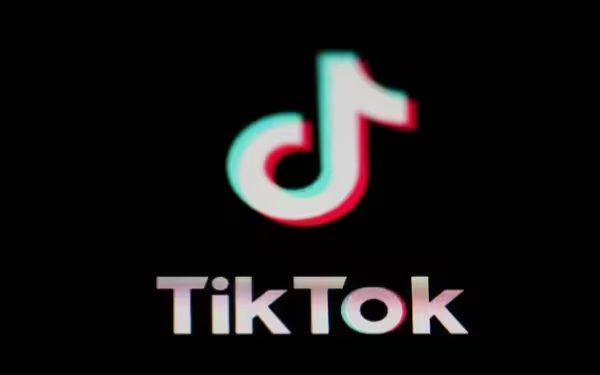Saturday, November 16, 2024 07:28 PM
TikTok Faces Lawsuit Over Risks to Children and Teens
- TikTok allegedly aware of risks to young users.
- Lawsuit claims ineffective screen time tools.
- Concerns raised over unrealistic beauty standards.
 Image Credits: thefrontierpost
Image Credits: thefrontierpostTikTok faces allegations of endangering children with ineffective safety measures and promoting unrealistic beauty standards.
TikTok, the popular short-form video sharing app, has recently come under scrutiny due to allegations that it was aware of the risks its platform poses to children and teenagers. Internal documents and communications revealed in a lawsuit filed by the state of Kentucky suggest that TikTok's design features may be harmful to its younger users. The lawsuit claims that tools TikTok has promoted to limit screen time for kids are largely ineffective, raising serious concerns about the app's impact on youth.
The lawsuit, which is part of a broader investigation involving multiple states, highlights how TikTok has tracked the amount of time young users spend on the platform. According to the complaint, TikTok has identified a "habit moment" that occurs when users watch 260 videos or more within their first week on the app. This can happen in as little as 35 minutes, given that some TikTok videos are only a few seconds long. The findings suggest that TikTok is not only aware of how addictive its platform can be but has also quantified this behavior internally.
Furthermore, the complaint alleges that TikTok has prioritized content featuring "beautiful people," which could contribute to unrealistic beauty standards among its young audience. An internal report reportedly noted that the app's algorithm could perpetuate a narrow definition of beauty, raising ethical questions about the content being promoted to impressionable users.
In response to these allegations, TikTok has defended its practices. A spokesperson stated that the company has implemented various safety features, such as default screen time limits and privacy settings for users under 16. However, the lawsuit argues that these measures are more about public relations than genuinely protecting young users. For instance, the complaint claims that TikTok evaluated the success of its screen time limit not by its effectiveness in reducing usage but by how it improved public trust through media coverage.
Despite the introduction of a 60-minute daily screen time limit for minors, the lawsuit contends that users can easily bypass this restriction. Kentucky officials argue that TikTok's approach to managing screen time is flawed, as the company allegedly approved the feature only if it did not significantly impact its core metrics.
As the debate over TikTok's responsibility for its young users continues, it raises important questions about the role of social media platforms in safeguarding the well-being of children and teenagers. With the increasing prevalence of digital media in young people's lives, it is crucial for parents, educators, and policymakers to remain vigilant about the potential risks associated with these platforms. Understanding the implications of social media use can help foster healthier online habits among youth, ensuring that they can enjoy the benefits of technology without compromising their well-being.













